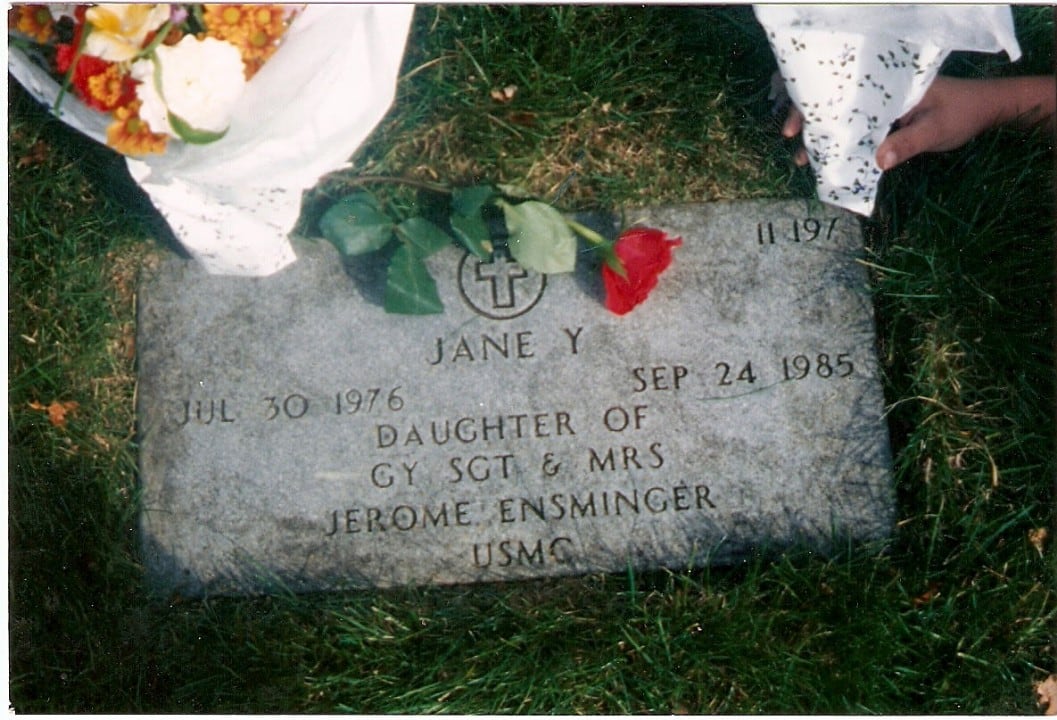Veterans and their family members who were exposed to contaminated water while living at Marine Corps Base Camp Lejeune are 70% more likely to develop Parkinson’s disease than other service members, according to a new study published in the Journal of the American Medical Association on Monday.
The findings are the latest confirmation of the lifelong, devastating effects of the toxic water at the site from the early 1950s to the late 1980s. It also potentially adds new fodder to dozens of civil lawsuits pending against the government for the hazardous conditions there, which may have harmed more than 1 million individuals stationed at the North Carolina base.
Researchers found that about one in every 370 troops reviewed for the study showed signs of the disease, a brain disorder that causes uncontrollable movements of the limbs and body. That is significantly above control groups of veterans examined.
RELATED

The study did not specifically look at spouses and children living at the base, but researchers concluded that the findings “suggest that the risk of Parkinson’s disease is higher in persons exposed to trichloroethylene and other volatile organic compounds in the water.”
According to the Centers for Disease Control and Prevention, those chemicals leached into water supplies at the base from an off-site dry cleaning firm in the area. Leaks from underground storage tanks and industrial site pollution also contributed to the contamination, according to the National Research Council. Military officials did not discover the toxic water quality until 1982, almost 30 years after the contamination began.
The Department of Veterans Affairs already has Parkinson’s disease listed as one of multiple presumptive conditions related to service at the site. For veterans who served at Camp Lejeune for at least 30 days and developed the illness, it is presumed the disease originated there. They do not have to prove a military connection when applying for disability compensation.
However, those benefits do not extend to family members. Last year, as part of the Promise to Address Comprehensive Toxics Act, lawmakers for the first time allowed those individuals (and veterans who believe they are entitled to additional payouts) to sue the government “for harm caused by exposure to the contaminated water.”
Those lawsuits are still pending in federal courts. Lawmakers have expressed concerns about the number of lawyers advertising quick resolutions on the issue, and they are discussing possible limits to attorney’s fees and commissions related to any Camp Lejeune legal decisions.
Individuals with questions related to VA benefits tied to Camp Lejeune water contamination can visit the department’s web site. The JAMA study is available at the publication’s web site.
Leo covers Congress, Veterans Affairs and the White House for Military Times. He has covered Washington, D.C. since 2004, focusing on military personnel and veterans policies. His work has earned numerous honors, including a 2009 Polk award, a 2010 National Headliner Award, the IAVA Leadership in Journalism award and the VFW News Media award.










